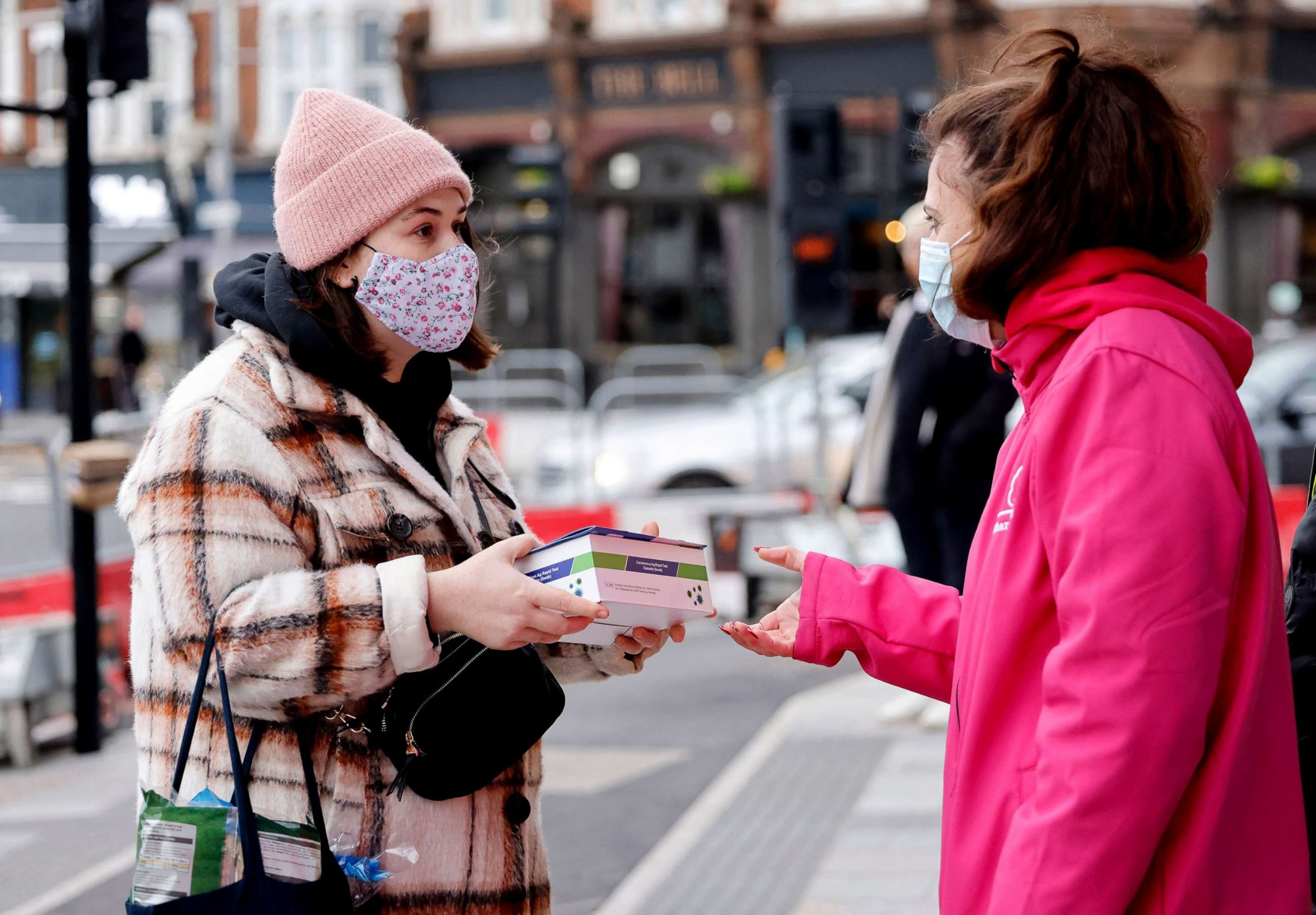COVID cases on the rise in Europe could spell trouble for US
Weekly COVID cases in Europe have increased 8%, the WHO said.
As colder weather arrives and people head indoors in Europe, a COVID-19 wave may be looming on the continent -- and could signal what's to come for the United States.
Data from the World Health Organization and the European Centre for Disease Prevention and Control shows cases and hospitalizations are rising in several countries.
A WHO report released Wednesday showed weekly cases reached 1.5 million this week, an increase of 8% compared to the previous week.
In France, COVID-19 rates increased 31% overall, with a marked increase in those aged 80 and older, according to the country's health agency Santé publique France.
The health agency said both new hospitalizations and new deaths have "continued to increase," but did not offer specific numbers.

Meanwhile, in England, about one in 50 people -- an estimated 1,105,400 -- had COVID-19 the week ending Sept. 24, according to data released on Friday by the Office for National Statistics.
This is an increase from the one in 65, or about 857,400 individuals, who had the virus the week before.
What's more, the current seven-day average of deaths in England sits at 65, according to government data, which is the highest figure recorded in more than one month.
Currently, in the U.S., COVID-19 cases and hospitalizations are trending downward and deaths have plateaued, according to data from the Centers for Disease Control and Prevention.
However, public health experts say the COVID situation in Europe is likely a foreshadowing of what's to come in the U.S.
"We've seen this pattern," Dr. Peter Chin-Hong, an infectious diseases specialist at the University of California, San Francisco, told ABC News. "We've heard this song before, which is that winter comes and cases start rising in places that are cold and, this year, more restrictions have been dropped compared to previous years."
"The pattern is Europe, New York, then West Coast," he added.
In fact, there may be some warning signs this is already happening. According to the CDC's wastewater dashboard, virus levels have risen in some regions of the country including the Northeast and Midwest.
Chin-Hong said while vaccines and boosters will help limit the number of severe COVID-19 cases and deaths in the U.S., there is likely a mix of vaccine fatigue and confusion over who can get the new booster.

A new Kaiser Family Foundation poll found half of the U.S. general public has either heard little or nothing about the new bivalent COVID-19 booster, which targets the omicron subvariants BA.4 and BA.5. Additionally, many Americans don't know if the updated booster is recommended for them.
"The Kaiser Family Foundation data was shocking to me," Chin-Hong said. "Not even knowing is shocking, because it's not even about not wanting to get it if you don't even know about it."
He continued, "So, I think that people are fatigued, they're really tuned out of vaccine news, they tuned out of COVID news you just want to move on with life."
However, Chin-Hong stressed that Americans should get the updated booster as soon as possible to protect themselves.
"You might want to get it sooner rather than later given what's happening in Europe of if you're traveling abroad," he said. "I have an uncle who went to France and six hours before he boarded, he tested positive for COVID. So, I think there is a lot of stuff happening in Europe and it may affect your return back home."
He also recommended the public get the flu shot to reduce their risk of getting infected with influenza and reduce the stress on the hospital system.



